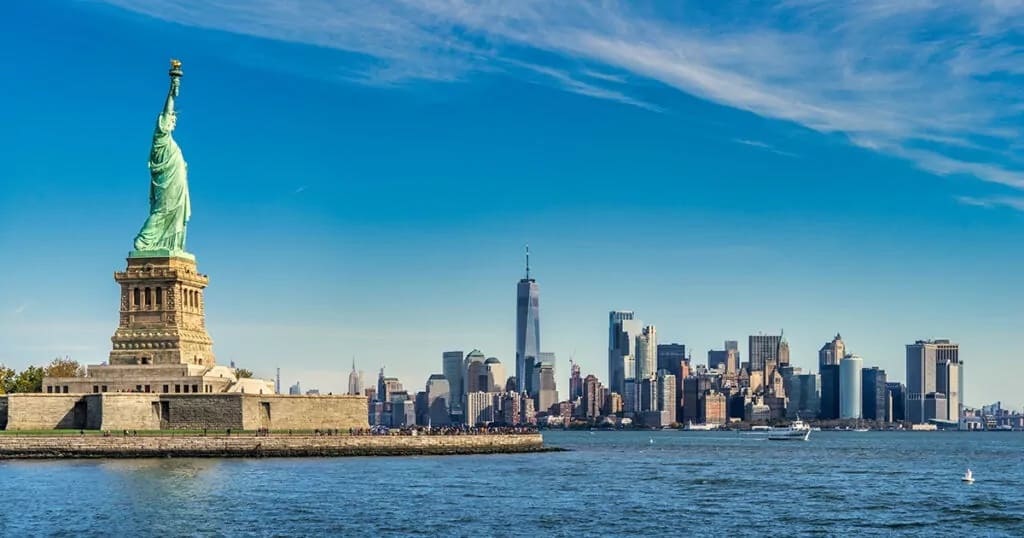Arival, an information and insights provider for the in-destination experiences industry, has been exploring the trend for dynamic pricing, looking at how operators can use this to boost revenue but still offer customers the flexibility that they want.
COVID caused many attractions to innovate, driving changes across the sector as they worked to overcome the challenges posed by the pandemic. Operators moved on from traditional walk-up sales, instead turning to timed ticketing and pre-booking as they tried to ensure social distancing and keep to the capacity requirements. Yet visitors still want flexibility, so how can these two factors work together?
Exploring the topic at Arival 360 San Diego
The issues were explored in depth at the Attractions Tech & Distribution Town Hall at Arival 360 San Diego, earlier this year. The discussion was led by Jason Hackett, a strategist and consultant who was part of the development team at Summit One Vanderbilt, with contributions from Judy Gauthier, a senior vice-president at Go City, a multi-attraction pass provider and Nichole Benolken, managing director of 360 CHICAGO.
“It’s really clear what customers are looking for,” said Gauthier. “They’re looking for clarity and price. They’re looking for flexibility, and they’re looking for seamless entry. For us, we really are leaning into seamless entry at this point.”
Dynamic pricing is not new – consumers are familiar with the concept from sectors such as hotels, airlines and ride-hailing. By algorithmically managing prices based on factors like demand and time of day, operators can increase yield. While it is often discussed for tours, activities and attractions, Arival points out there are questions over whether there is enough data yet to build a properly functioning algorithm.
Are there easier solutions?
“I think there are lots of ways to skin the cat and I think sometimes we’re just overcomplicating things,” said Gauthier. ”You don’t necessarily need dynamic pricing. You don’t necessarily need expensive software, or a team of analysts to tell you what you might already know. Which is that on a Saturday in July, your average ticket price might be $60. But on a Tuesday in April, it might be 35.
“I think maybe we need to be looking at day-by-day pricing. There are easier ways that we can make it work for resellers like myself and for the ticketing platforms.”
Benolken added: “ As an operator, we need to get better at maximizing and yielding our inventory. Our costs have gone up so dramatically in three years. I wouldn’t be a responsible operator and I wouldn’t be a responsible steward of the asset that my owners have entrusted me with if I weren’t finding ways to try to protect our margins and make smart decisions around our inventory. [We have to use] data to drive those pricing decisions around supply and demand.
“When my labor’s gone up 25% in three years, and the cost of operating my business has gone up, I have to be able to make those decisions. I need the data and the control to do it. And I think that some version of dynamic pricing is imperative.”
Not a one-size-fits-all answer
While dynamic pricing offers flexibility for the operator, what about the visitor? Guests will always try to seek out the cheapest price, but also want the flexibility to better manage their time, based on what is happening on their holiday.
“We’ve said customer flexibility and we’ve accepted that as a golden truth this week,” said Benolken. “I’m not sure that that’s what our experience has been with our guests. They want an excellent experience and they want an efficient use of their time. What we’ve found in putting time ticketing in is that our guest satisfaction increased.
“You have to couple that with flexibility and reasonable changes of tickets and refund policies. But I think flexibility for the sake of flexibility isn’t necessarily what our guest wants. They want to be able to maximize the time they have in market to have as many wonderful experiences as they can.”
Gauthier added that some attractions can offer an almost unlimited number of tickets, whereas others have natural capacity restrictions based on their size or the type of activity: “I think for [timed] ticketing, it doesn’t work for the vast majority of attractions,” she said.
Arival also recently conducted research into the market share of online travel agencies, and the role they play in securing bookings for attractions and events.
The next Arival 360 takes place from 10 – 13 October 2022 in Las Vegas, bringing together creators and sellers of tours, activities and attractions.

















